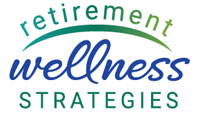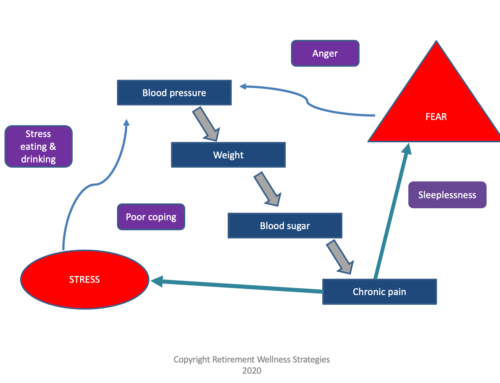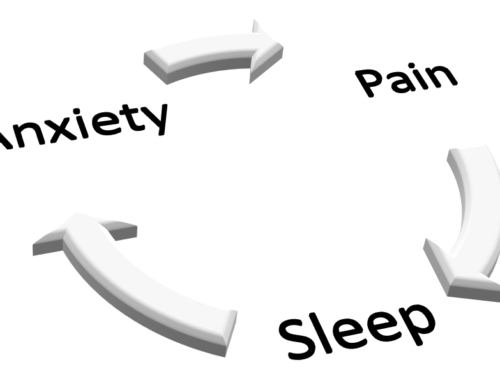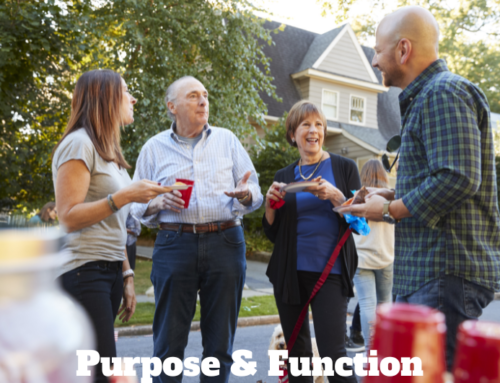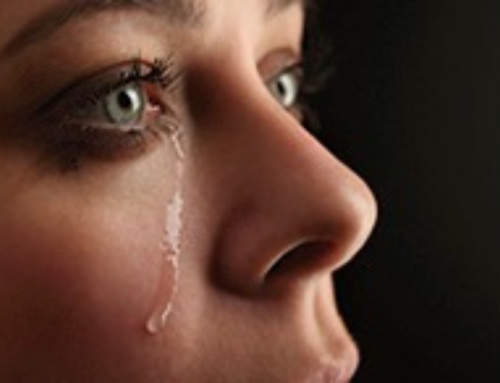
Use filters to manage stress and bad news to preserve your health.
I was sitting at a stoplight one block from UNC-Charlotte preparing to turn on to WT Harris Boulevard when it felt like at explosion of sirens went off. Suddenly there were rescue vehicles coming from everywhere. There were fire trucks, police cars, ambulances, marked and unmarked vehicles with lights and sirens. It was completely disorienting. I then watched motorists make all sorts of bad decisions. Some tried to speed through intersections in front of emergency vehicles. Some pulled to the right, some pulled to the left, some just stopped where they were. It was complete chaos with these first responders trying to weave their way through the confused masses to get to the emergency.
It was a couple of hours before I learned that a gunman had entered campus and started shooting in a classroom on the last day of classes for the semester.
It was a few hours after that when I learned of the heroism of Riley Howell who ran toward the gunman and saved many lives while losing his own.
And it was a few hours after that when another life was lost just off campus in an altercation. This lost life didn’t receive as much attention, but was still a precious life lost.
Then, as were moving our daughter back from Clemson a couple of days later, she received notice of a senior killed when he hit the back of a stopped dump truck on the highway.
In the midst of all of this loss I have talked with several parents of college students. Some are grieving and throwing themselves into remembrance events. Some are shocked and having difficulty resuming daily life. Some are having nightmares and anxiety. Some are carrying on as if nothing happened.
Healthy Responses
What are healthy responses to the events around us? Certainly no day carries a guarantee of safety or ease. And, rarely does a day carry a certainty of difficulty. Most days arrive, and we use our toolbox of skills and emotional intelligence to get through them.
So what is in your toolbox of skills?
- Who are the key people who support you?
- How do you relieve stress?
- How much attention do you give to the news?
- How have you been hurt in the past?
- How have you dealt with that past hurt?
- What is your source of hope?
Filters as tools
As a healthcare provider, I have encountered countless people with negative health outcomes related to a lack of tools to handle stress and negative events.
Some of these negative health outcomes have included chronic pain, anxiety, depression, isolation, heart attacks, strokes, phobias, and deep anger.
Consider these tools to enhance a healthier response –
- Gratitude– What is going right in your life? For what can you be thankful?
- Who/what is higher than you – deity, person, other that can help guide and protect you?
- Past events– When have you been stressed or in a bad situation in the past and now you are on the other side? You survived. If all of those events in the past were survivable, how can that bring you hope in this situation?
- Perspective– What is the worst possible scenario you can imagine? If you can imagine that, your reality is most likely to be much better than that.
- Let it go– How have you learned to forgive and move on?This is one of the most freeing acts you can take for your own health.
Retirement stress
Are you nearing or past retirement and feel like you’re surrounded by stress and worry? We can help!
Contact us today at www.retirewellness.com, call 410-472-5078, or e-mail me at michelle@retirewellness.com.
